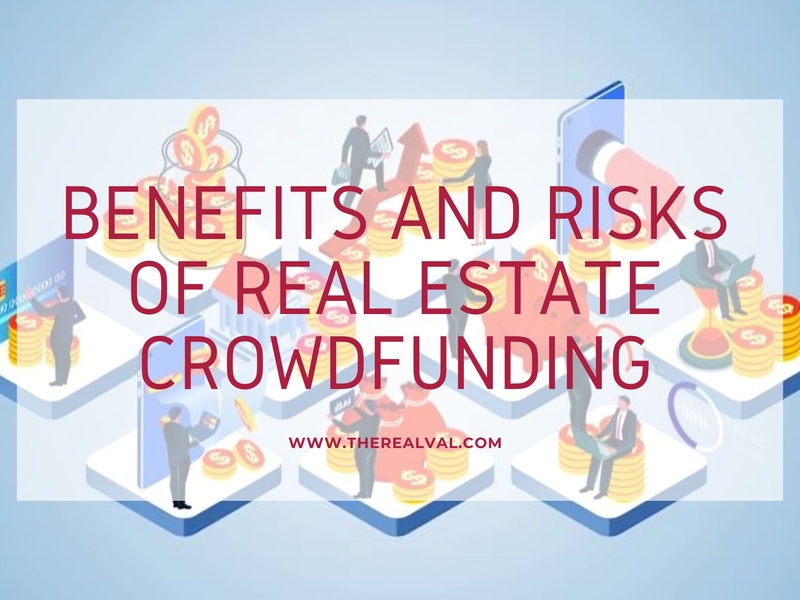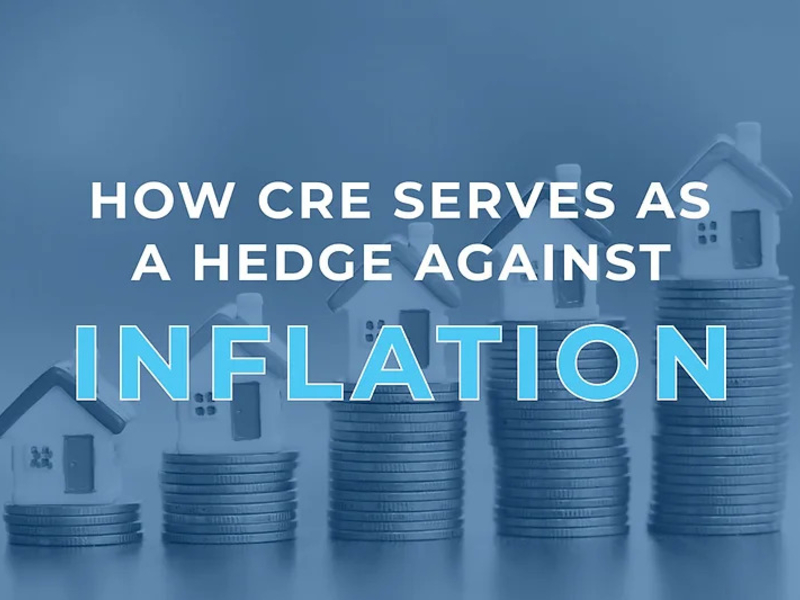Real estate crowdfunding is a ground-breaking way to finance property ventures, enabling numerous investors to combine their capital to invest in real estate projects. This method has become increasingly popular due to its accessibility, potential for high returns, and diversification advantages. However, it also carries inherent risks, as with any investment. In this discussion, we will delve into the benefits and risks of real estate crowdfunding, to understand both sides of the coin.
Benefits:
- Low entry barriers & Affordability: Real estate crowdfunding enhances accessibility and affordability through lower investment thresholds and the proliferation of online platforms. Unlike traditional real estate investments that require substantial capital, crowdfunding platforms often allow individuals to invest with smaller amounts, sometimes as low as a few hundred dollars, democratizing real estate investment for a broader range of investors.
- Online Platforms: Online platforms have made it easier for investors to access a wide array of real estate opportunities, providing detailed information about the projects, including financials, projected returns, and risks, thereby enabling informed decision-making.
- Diversification: Investors in real estate crowdfunding can diversify their portfolios by spreading their capital across various types of projects, such as residential, commercial, industrial, or mixed-use developments, which helps mitigate risks associated with investing in a single property or type of real estate. Additionally, crowdfunding platforms often feature projects from different regions and even countries, enabling investors to achieve geographic diversification and protect against regional economic downturns.
- Returns Potential: Real estate crowdfunding projects can offer attractive returns, often higher than those from traditional investment vehicles like stocks or bonds, which is particularly appealing in a low-interest-rate environment. Investors can benefit from both capital appreciation as property values increase and income generated from rents or sales.
- Passive Income Potential: Akin to traditional real estate investments, crowdfunding can generate passive income through rental distributions. Investors receive a proportional share of the rental income produced by the properties they invest in.
- Transparency: Crowdfunding platforms usually offer detailed information about real estate projects, including financial projections, market analysis, and risk assessments, which aids investors in making informed decisions. Many of these platforms operate under regulatory frameworks that mandate adherence to certain standards and the disclosure of pertinent information, providing an added layer of security for investors.
However, as bright as the world of crowdfunding may look, there are certain risks to stepping ito it.
Risks:
- Market and Economic Risk: Real estate markets are vulnerable to economic cycles, with downturns potentially leading to decreased property values and rental incomes, thereby negatively impacting investment returns. Market volatility is a significant concern, as property values can fluctuate due to various factors, including interest rates, supply and demand dynamics, and changes in the local economy.
- Liquidity: Unlike publicly traded stocks, real estate crowdfunding investments are illiquid. Once you invest, your funds are committed for the duration of the project, which can range from a few months to several years, and there is no easy way to sell your investment before the project matures.
- Limited Control: Investors have minimal to no control over the management of the property. Decisions about maintenance, renovations, and tenant selection are made by the project sponsor, which can affect the property's value and profitability. The success of the investment hinges greatly on the capabilities and performance of the property managers and developers.
- Platform Risks: Your investment's success depends on the reliability of the crowdfunding platform you choose. It's essential to opt for reputable platforms with a proven track record, appropriate licensing, and secure investment structures.
- High Fees: Crowdfunding platforms and sponsors typically levy fees for their services, which can vary significantly. These fees can diminish your returns, so it's essential to consider them when calculating your investments.
- Regulatory Risks: Regulatory changes concerning real estate, crowdfunding, or taxation can significantly affect the feasibility and profitability of an investment. Real estate projects may also encounter legal disputes, like title issues or tenant conflicts, which can lead to extra expenses and project delays.
- Uncertain Returns: Real estate markets are prone to fluctuations, and despite promising projected returns, profitability is not guaranteed. Vacancies, declining property values, or unforeseen circumstances can all potentially have adverse effects on your investment.
Real estate crowdfunding presents an innovative avenue to engage with the property market, yet exercising due diligence is crucial. Before diving in, carefully evaluate your risk tolerance, investment objectives, and thoroughly investigate the platform and project particulars. Keep in mind that diversification and maintaining a long-term perspective are essential for managing potential risks and optimizing the potential rewards of this dynamic investment opportunity.
Trending





